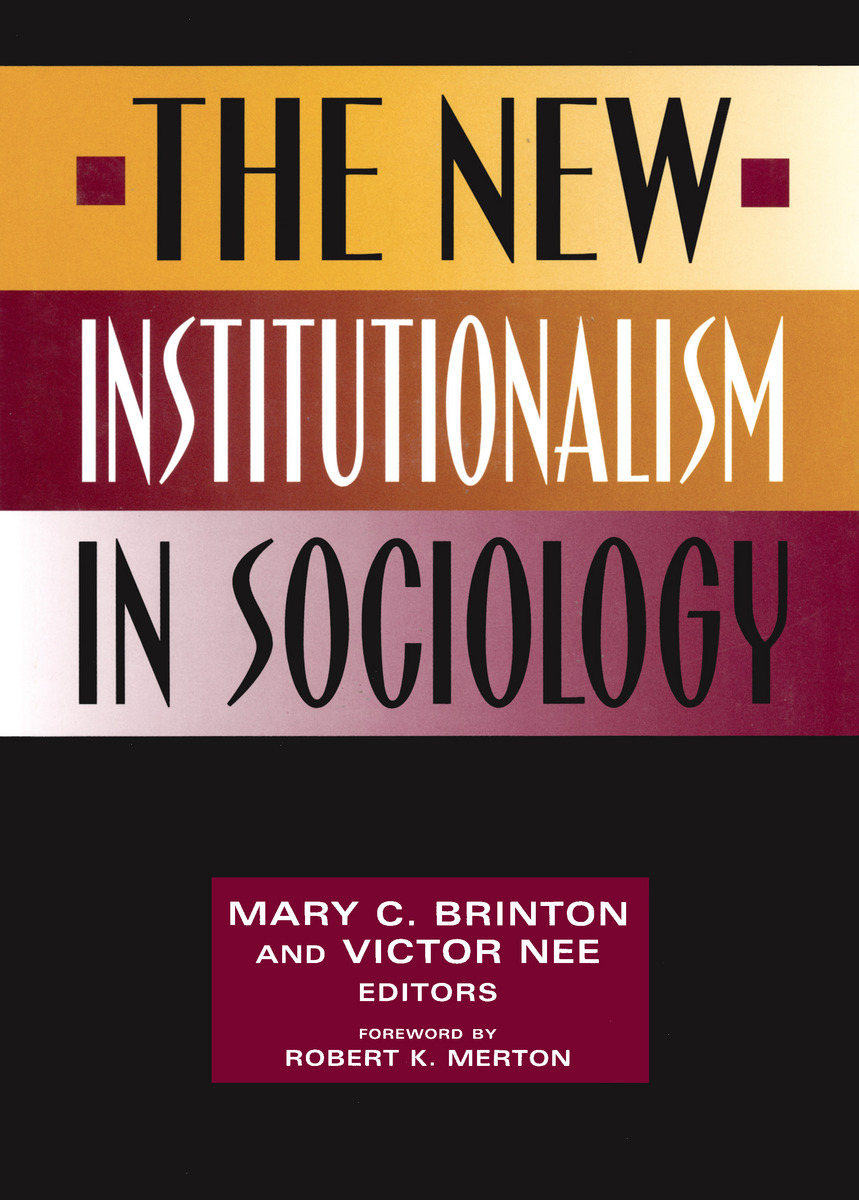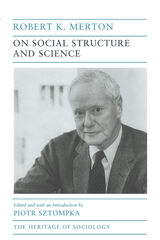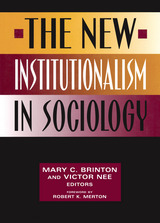The New Institutionalism in Sociology
Russell Sage Foundation, 1998
Cloth: 978-0-87154-139-0 | eISBN: 978-1-61044-083-7
Library of Congress Classification HM51.N457 1998
Dewey Decimal Classification 301
Cloth: 978-0-87154-139-0 | eISBN: 978-1-61044-083-7
Library of Congress Classification HM51.N457 1998
Dewey Decimal Classification 301
ABOUT THIS BOOK | AUTHOR BIOGRAPHY | TOC
ABOUT THIS BOOK
Institutions play a pivotal role in the economic functioning of any society. Understanding the foundation of social norms, networks, and beliefs within institutions is crucial to explaining much of what occurs in modern economies. Recently, economic sociologists have explored how ties among individuals and groups facilitate economic activity, while "institutional economists" have focused on the formal "rules of the game" that regulate economic processes via government and law. The New Institutionalism in Sociology argues that a full understanding of economic life will depend on blending these new lines of research on institutions with traditional sociological insights into the social structures that lie at their core. The contributors to this volume explore many questions about the way institutions emerge and operate. How do grassroots mores and practices evolve to an institutional level? How do institutional norms then regulate economic activity, and what are the advantages of formal versus informal constraints? What are the sources of trust and cooperation in trading markets? What role do cultural networks play in the economic survival of immigrant communities? And how does conflict and bargaining affect the evolution of community norms? The New Institutionalism in Sociology also discusses how economic fluctuations arise from interactions between local agencies and the institutional environment. Among the topics addressed here are the influence of labor activism on the distribution of income, the association between highly competitive "winner-take-all" job markets and increased wage inequality in the United States, and the effect of property right conventions on technical innovation and productivity in pre-industrial England. A final section explores how deeply embedded cultural traditions have colored the transition from state socialism to market economies in Eastern Europe. The New Institutionalism in Sociology establishes a valuable template for a sociological conception of economic organization. Its interdisciplinary paradigm signals an important advance in understanding how institutions shape social and economic life.
See other books on: Brinton, Mary C. | Financial institutions | Social institutions | Social norms | Sociological aspects
See other titles from Russell Sage Foundation























